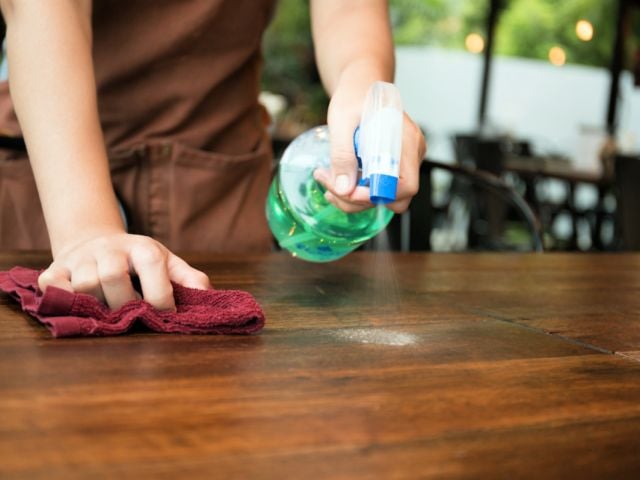WASHINGTON – The Food and Drug Administration today released a proposal for updated sunscreen regulations – a big step toward cleaning up a largely unregulated industry with much-needed reforms that would better protect public health, said Environmental Working Group.
“After more than 40 years, the FDA is at last taking serious steps to finalize rules that would require sunscreen companies to make products that are both safe and effective,” said David Andrews, Ph.D., senior scientist at EWG. “For a decade, EWG has worked to raise concerns about sunscreens with oxybenzone, which is found in nearly all Americans, detected in breast milk and potentially causing endocrine disruption. Today the FDA recognized those concerns and said oxybenzone and 13 other ingredients are not classified as safe and effective for use.”
Mineral-based sunscreens, which dominate the list of EWG-recommended products, are the only ones with active ingredients proposed as safe and effective based on the available data. The FDA has also taken additional steps to increase UVA protection and limit the high SPF claims that have provided a false sense of sun safety for millions of consumers.
Among the steps FDA’s proposed rule would take to improve both the safety and efficacy of sunscreen products are:
- Rigorous assessment of the safety of active chemical sunscreen ingredients.
- New testing requirements to improve the broad spectrum and UVA protection.
- New label requirements for sunscreen products to help consumers more easily identify key active ingredient information on the front of the package.
- A requirement of additional testing of spray sunscreens to reduce the potential harm from inhalation.
- A prohibition on insect repellants in sunscreen products.
- A cap on high SPF claims at 60-plus.
“One likely reason for the continued rise in melanoma rates is the lack of adequate federal safety standards on sunscreen ingredients and product efficacy,” said Andrews. “If the FDA’s proposed changes are adopted, American consumers should be able to navigate the sunscreen aisle and choose better and more effective products for themselves and their families.”
###
The Environmental Working Group is a nonprofit, non-partisan organization that empowers people to live healthier lives in a healthier environment. Through research, advocacy and unique education tools, EWG drives consumer choice and civic action.



